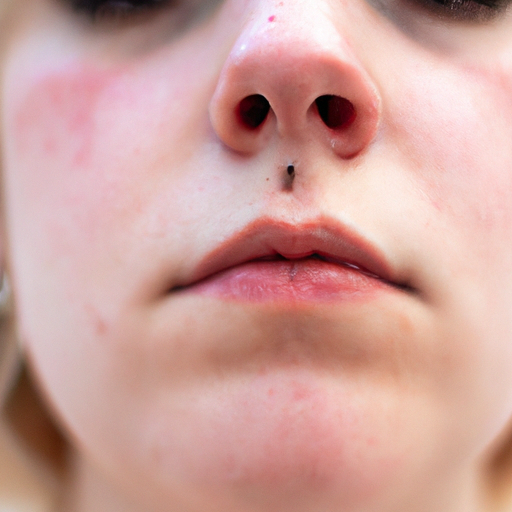As an expert in the field of dermatology, I can attest that dry skin is a common issue that plagues many individuals. It can be caused by a variety of factors, including environmental conditions, aging, and underlying health conditions. However, despite its prevalence, many people are unaware of the most effective strategies for combating this problem. Today, I will unveil some of the top tips from the secret arsenal of dermatologists for managing dry skin.
Firstly, it’s essential to understand that hydration is key. This doesn’t just mean drinking plenty of water, although that is certainly important. It also means ensuring that your skin is adequately moisturized. Dermatologists recommend using a moisturizer that is specifically designed for dry skin. These products contain ingredients like hyaluronic acid and ceramides, which help to lock in moisture and repair the skin’s natural barrier.
When applying moisturizer, timing is crucial. The best time to apply is immediately after bathing or showering when your skin is still slightly damp. This helps to lock in the moisture that your skin has just absorbed. Additionally, you should reapply moisturizer throughout the day as needed, especially during winter months when the air tends to be drier.
Secondly, it’s important to be mindful of the products you’re using on your skin. Many soaps, detergents, and even some skincare products can strip your skin of its natural oils, leading to dryness. Look for products that are labeled as “gentle” or “for sensitive skin.” These are less likely to cause irritation or dryness. Additionally, avoid using hot water when washing your face or bathing, as it can also strip your skin of its natural oils.
Exfoliation is another crucial step in combating dry skin. Dead skin cells can build up on the surface of your skin, preventing moisturizers from penetrating and doing their job effectively. However, it’s important not to over-exfoliate, as this can also lead to dryness and irritation. Dermatologists recommend exfoliating once or twice a week with a gentle, hydrating exfoliant.
Another secret weapon in the dermatologist’s arsenal is the use of a humidifier. Dry air, whether from artificial heating in the winter or natural conditions in arid climates, can sap moisture from your skin. A humidifier adds moisture back into the air, helping to keep your skin hydrated.
Lastly, diet can also play a role in skin health. Foods rich in essential fatty acids, like salmon, avocados, and nuts, can help to nourish your skin from the inside out. Similarly, foods high in antioxidants, like berries and leafy greens, can help to protect your skin from damage.
In conclusion, combating dry skin requires a multi-faceted approach that includes proper hydration, careful product selection, regular exfoliation, use of a humidifier, and a healthy diet. While these tips are effective, it’s important to remember that everyone’s skin is unique. What works for one person may not work for another. Therefore, if you’re struggling with persistent dry skin, it’s always best to consult with a dermatologist. They can provide personalized advice and treatment options based on your specific needs and skin type.



